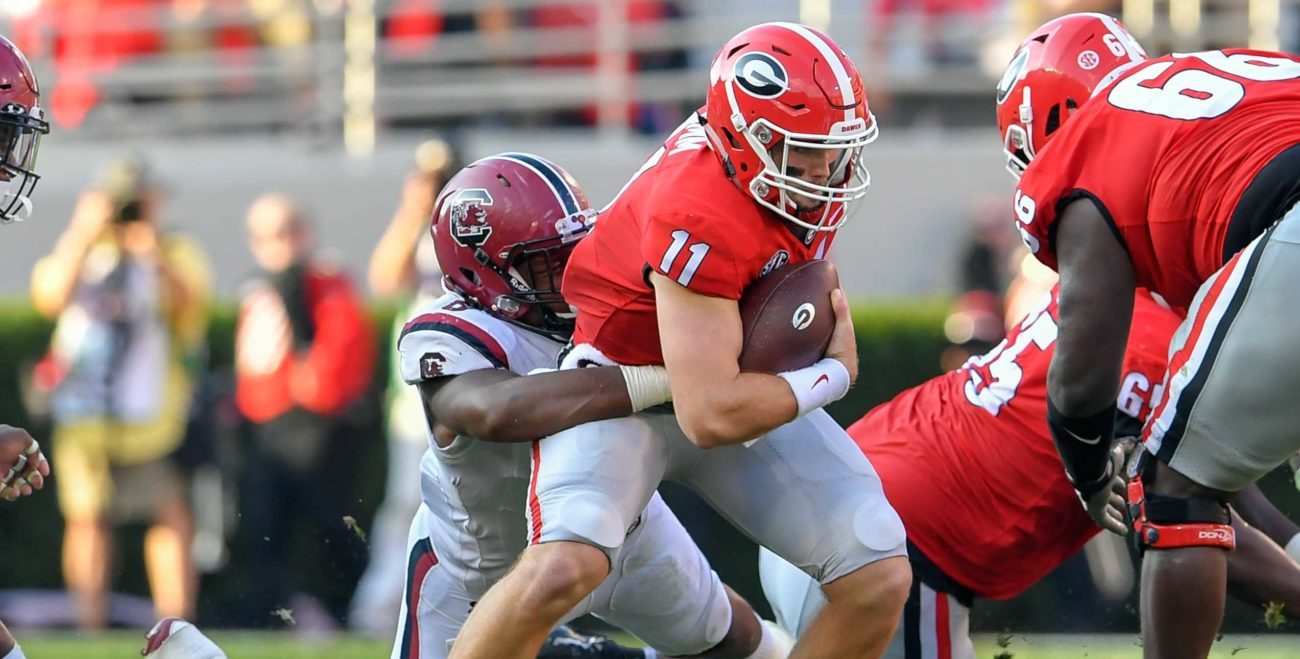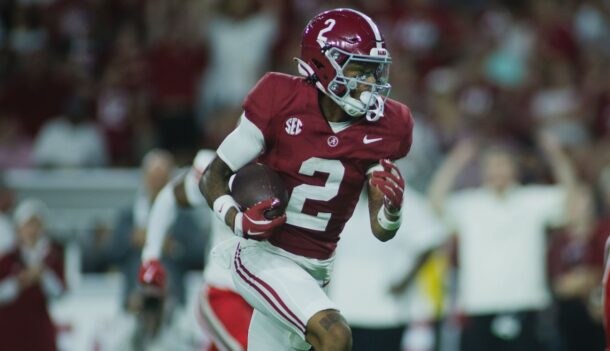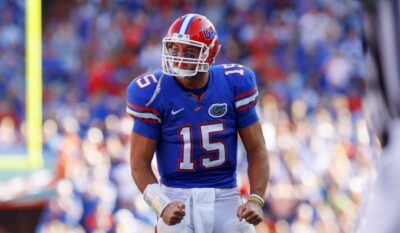
Better or worse? Previewing South Carolina’s defense in 2019
By Keith Farner
Published:
Editor’s note: This is the 5th in a series previewing every SEC East team’s defense. Coming Saturday: Tennessee.
One of Will Muschamp’s favorite phrases of the past recruiting cycle and offseason is the Gamecocks’ ability to develop competitive depth, especially on defense. The Gamecocks had a crush of injuries in 2018 on defense, and even played a walk-on in the secondary late in the season.
Of the 18 players who had surgery, 16 played defense. That hit to the depth chart was one main reason the Gamecocks had the second-worst rushing defense in the SEC last season as they gave up 195 yards per game. They also gave up 27.2 points per game, which was 11th in the SEC, the most under Muschamp and a full touchdown worse than 2017.
Muschamp helped the defense by landing 5-star DL Zacch Pickens, arguably the best prospect out of the Palmetto State since Jadeveon Clowney. Pickens was ranked the No. 8 player in his recruiting class by 247 Sports.
Another area that’s been much-maligned in recent years is the secondary, but Jaycee Horn, Israel Mukuamu and R.J. Roderick are among the players looking to make an impact and turn around the pass defense’s reputation.
The Gamecocks return seven starters from the 2018 defense. Will they be better in 2019? That’s what we’re trying to find out.
Pressuring the QB: Better
Even with Pickens having an expected learning curve as a defensive line freshman, the most talented and experienced pass rusher, D.J. Wonnum, remaining healthy could be a game changer. Wonnum played just 5 games last season, and the Gamecocks won 4 of them. He had just 2 sacks, both against Tennessee, a year after he had 6 sacks, including 5 against SEC opponents. Wonnum is a potential all-SEC player as he looks to return to the 2017 form where he was picked as a team captain and generated 57 tackles, including 13 tackles for loss.
The Gamecocks still have Javon Kinlaw, who has 22 starts in 25 games in two seasons. He controls the interior and had 4.5 sacks last season. And they return T.J. Brunson at linebacker, and he chipped in 4 sacks. Brunson led the team with 106 tackles last season. He also was named a team captain in 2018, and has started every game the past 2 seasons. For his career, he has 15 tackles for loss and 6 sacks.
Wonnum and Brunson have already received preseason recognition from preview magazines, and their health and production will likely determine the Gamecocks’ success on defense.
Keir Thomas and Aaron Sterling will likely round out of the starting d-line. Sterling had an ankle injury short-circuit his 2018 season. He has appeared in 21 games over two seasons, with 38 tackles including 6 tackles for loss, 3 sacks and 5 quarterback hurries.
One young player who could deliver some production is Brad Johnson, a former 4-star prospect who was a National Signing Day win as an in-state recruit. He has played the Buck position and backed up Wonnum and Bryson-Allen Williams. Now is his time to shine. He has played in 24 games with 3.5 sacks and 6 quarterback hurries.
Run defense: Better
This is an area where the experience could pay dividends, as Muschamp has noted young players were forced into action because the team couldn’t afford to redshirt them. Because of that, multiple freshmen played the likes of Georgia and face a 700-pound double team. That lineup was one reason South Carolina gave up at least 200 rushing yards in 6 games, though they won 2 of them.
Along with Brunson, the linebacking corps looks to get a boost from Aaron Sterling, who missed much of last season with a back injury, something that initially kept him out of spring drills a year ago. He was a borderline redshirt candidate, but because of so many other injuries, Sterling was forced into action against Clemson, Akron and the bowl game.
Pickens leads the youth movement, but this group also boasts at least 5 veterans as the defensive line could be the area that Muschamp is most excited about in regards to upgraded depth.
Passing defense: Better
Don’t be surprised if 6-1 Jaycee Horn and 6-4 Israel Mukuamu have the cornerback jobs locked up for the foreseeable future. Their size will make NFL personnel sit up and take notice, provided they continue on that trajectory. Coaches and teammates often say they’re in a never-ending competition and push each other every day.
Horn, the son of former New Orleans Saints star Joe Horn, showed plenty of spunk last season as he started at nickel, and then saw significant time for much of the season until a late-season ankle injury. He was a rare bright spot from a secondary that saw a host of injuries and suspect play for much of the season. Overall, Horn started 11 games, and was named to the SEC All-Freshman team after he recorded 45 tackles and had 8 pass breakups. Horn didn’t have an interception. In fact, only Jamyest Williams and Mukuamu, among the returnees, made an interception in 2018.
Look for R.J. Roderick and newcomer Cameron Smith to make an impact. The unit itself has plenty of room to grow, at least in the interception department. In 2018, the Gamecocks made just 6 interceptions, second-lowest in the SEC to Arkansas’ 5. For perspective, 7 SEC teams made double-digit interceptions. The Gamecocks will also welcome three other newcomers by the fall, along with Jaylin Dickerson and J.T. Ibe to round out the depth chart.
Special teams: Better
Joseph Charlton only made the 10th-most punts in the SEC, and had the fifth-best average. He returns as one of the best punters in the SEC again, and in the conversation for best punter in program history. Charlton holds the school record for career punting average at 44.1 yards per punt, and last year set the single-season punting average mark at 44.83.
Interestingly, if this defense can improve, it would cut down on the number of kickoffs by opponent, and thus ease the burden on the kickoff returner, and the loss of Deebo Samuel.
Overall: Better
Statistically, last year was the worst total defense for South Carolina during the Muschamp era as the Gamecocks gave up 424.3 yards per game, only better than Vanderbilt and Ole Miss. The previous 2 seasons, they yielded an average of 367.1 yards, and 411.9 yards per game.
The tough schedule facing the Gamecocks also includes 4 teams that were ranked in the top 20 in the country in scoring offense in 2018: Alabama, Clemson, Georgia, Missouri and Texas A&M.
The Gamecocks aren’t the dark horse team in the SEC East anymore, and instead are trying to keep pace with the teams presumably fighting for second behind Georgia. The question seems to be: Can the freshmen, and sophomores who started last season, make a splash enough to spring an upset against any one of the top 20 teams on the schedule?
PREVIOUSLY IN BETTER/WORSE: DEFENSE
Florida | Georgia | Kentucky | Missouri
A former newspaper veteran, Keith Farner is a news manager for Saturday Down South.







